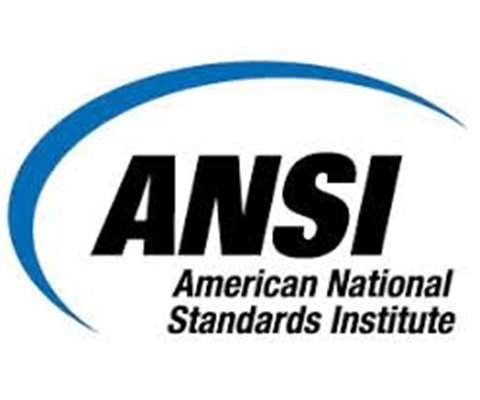ANSI standards’ appeals partially granted
31 May 2019
The ANSI Board of Standards Review (BSR) released a decision May 31 resolving two separately filed appeals in regard to the new A92 standards for MEWPs. The BSR granted in part each of the two appeals, both of which were related to the Commercial Terms Policy. The core of both appeals stated that the standards (for different reasons) violated section 3.2 Commercial terms and conditions of the ANSI Essential Requirements.

The American National Standards are sponsored by ASC A92 Aerial Platforms for which the Scaffold & Access Industry Association (SAIA) serves as Secretariat (ASC A92).
The appeals were filed by Tutus Solutions and the American Rental Association (ARA) challenging the ANSI BSR’s decision to approve A92.20, A92.22 and A92.24 (the A92 suite of standards) as American National Standards (ANS).
Tutus appealed A92.20 and A92.22 referencing section 4.5 Modifications of A92.22 that stated, “Modifications or additions to a MEWP shall be made only with prior written permission of the manufacturer. In case the manufacturer no longer exists, modifications to a MEWP shall be made under the direction of an engineer with expertise in MEWPs.”
Tutus maintained that this requirement foreclosed other engineers with requisite expertise who are “equivalents” under the Commercial Terms Policy from competing with manufacturers for business relating to modifications of MEWPs. Tutus argued that the delegation of authority over modifications to the manufacturer (or remanufacturer) exclusively is exacerbated by the fact that a recent revision to the A92 suite of standards expands the definition of “modification” to include any alteration of equipment under the standard. Tutus also pointed out during the hearing that equivalent international standards do not contain the requirement that modifications be handled exclusively by the manufacturer.”
The BSR agreed with Tutus that the requirement that modifications or additions to a MEWP be made only with the permission of the manufacturer violates the Commercial Terms Policy.
The ARA claimed that the A92 suite of standards were not in compliance with the Commercial Terms Policy because the standards specifically require a Manual of Responsibilities (MOR) be attached to each MEWP. The document is produced, copyrighted and sold only through the Scaffold & Access Industry Association (SAIA).
The ARA argued that the requirement of the MOR to be physically attached to the MEWP violated the Commercial Terms policy because it “effectively endorses a product available only through the SAIA, a single source, and does not permit any kind of substitution.”
The SAIA said that the MOR is necessary for safety reasons and, because it contains verbatim excerpts from the A92 standards, there simply is no “equivalent.”
The BSR agreed with ARA that the MOR violates the ANSI Commercial Terms Policy because no other source can supply the product without violating the SAIA’s copyright. The BSR stated, “The requirement in one or more of the A92 suite of standards that a copyrighted document, which we consider a ‘product,’ be attached to another after-market product (the MEWP) amounts to an ‘endorsement’ of the MOR, in violation of the Commercial Terms Policy.”
The BSR said the only way the SAIA can come into compliance with the Commercial Terms Policy is to remove the requirement that the SAIA MOR be attached to the MEWP for the A92 suite of standards. The BSR also agreed with ARA that there has been no showing that the only way to maximize safety is by requiring use of the MOR as opposed to through the use of equivalent materials that do not, for example, directly quote the standards but convey the key points in a different way.
“A requirement that the MOR be purchased solely from SAIA and used with every piece of equipment constitutes an ‘endorsement’ of SAIA’s MOR under ANSI’s Commercial Terms Policy, and as such is not permissible in an ANS,” the BSR said.
The BSR has granted the SAIA, on behalf of ASC A92, 30 days to submit a plan for approval, otherwise the A92 suite of standards will be withdrawn as ANS. The plan must showcase how the suite of standards will be revised within six months to bring them into compliance with the Commercial Terms Policy.
John McClelland, ARA vice president for government affairs and chief economist, commented, “This is a huge win for the equipment and event rental industry. Because SAIA was charging ARA members up to $8 per copy and with nearly 1 million MEWPS owned by rental companies the requirement that each MEWP have an MoR on it amounted to a significant financial burden on the industry.”
DeAnna Martin, ANSI liaison, said, “We will continue to work together as a committee to make sure our standards are compliant with the ANSI Essential Requirements.”
Martin will meet with the A92 Chairmen June 5 to discuss the next steps, which include an appeal to the ANSI Appeals Board or a revision of the A92 suite of standards to bring them into compliance with the ANSI Essential Requirements.




